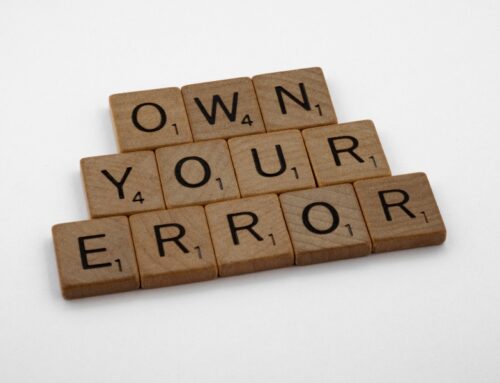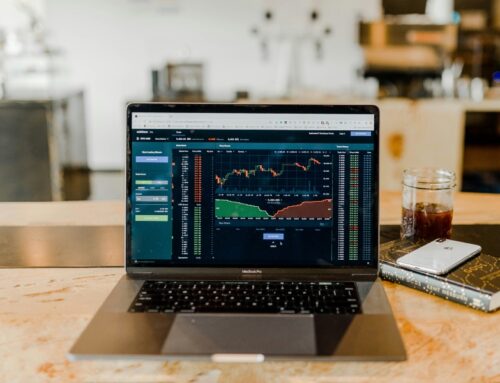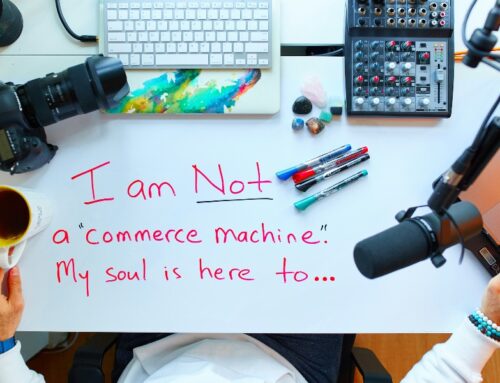According to the Intellectual Property Office of Singapore (IPOS),
A trademark is a sign that you can use to distinguish your business’ goods or services from those of other traders. It can be represented graphically in the form of your company’s name or logo.
A trademark can add value to your business. Using a trademark can help customers easily identify and remember your products and services, allowing you to build customer loyalty and protect your market share.
Once you register your trademark, you will enjoy a monopoly over its use. You may:
- License it to third parties
- Sell it for a sum
If you have successfully registered a trademark, you can use the ® symbol next to your mark.
If you use the ™ symbol, this tells others that you are using the logo or name as a trademark, but the mark may not be registered or protected under trademark laws.
You can register your mark as a trademark as long as it is distinctive and can distinguish your goods or services from similar marks of other traders.
Trademarks can be in the form of letters, words, names, signatures, labels, devices, tickets, shapes and colour, or any combination of these elements.
The following cannot be registered as a trademark:
- Marks that are descriptive
(e.g. super, best, cheap, one dozen) - Marks that are not distinctive or are common to your trade
(ones that have become well accepted in relation to your trade and do not distinguish the goods or service you are offering) - Marks that could offend or promote immoral behaviour
- Deceptive marks
(ones that could misrepresent the nature, quality or geographical origin of the goods or services) - Marks that are identical to earlier marks
- Marks that could cause confusion, as there is a similar or identical mark filed earlier in relation to similar or identical goods and/or services
- Marks that are identical or similar to well-known marks
Once your trademark is registered, it will be protected for 10 years. You may renew the registration upon its expiry. Do note that you have to continue to use your trademark or it will be revoked after five years of not being used.
If you register your trademark, you can prevent others from registering a similar trademark to yours in the same categories of goods and services. If an attempt is made to register through IPOS, the application will be rejected.
Once your trademark is registered, it can be franchised or sold easily. You do not have to register a trademark to do this but registering it will prove that your trademark was not copied and it would mean that you are the true owner of the trademark. The buyer of your trademark may deem this is more credible than if it were not registered.
Once your trademark is registered, you can easily stop others from using it. You can file am injunction in court and if you suffer monetary loss because someone else had used your trademark, you could also seek compensation. This process is a lot easier if your trademark were registered.
Registering with IPOS is to protect your trademark under Singapore’s jurisdiction. If you would like to register the trademark globally, you would have to do so under the Madrid System. This would mean that the trademark would be protected in up to 122 countries which are members of the Madrid Union. There are separate fees to be paid for registering under the Madrid System.
When in doubt, seek legal advice or consult an experienced ACRA Filing Agent.
Yours Sincerely,
The editorial team at Singapore Secretary Services
For more useful articles and videos, visit the Singapore Secretary Services resource page.
If you would like to submit a question or would like us to do an article on certain topics, please email us at info@singaporesecretaryservices.com.
Other related posts:
Why Singapore is a good place to start a business
The benefits of setting up an Investment Holding Company in Singapore
Common Tax Reliefs that will help to reduce the tax bill for Companies
Common Tax Reliefs that will help to reduce the tax bill for New Start-Up Companies







[…] from the use of the IP. Intellectual property can include things like patents, copyrights, trademarks, and in some cases, mineral rights or rights to literary or artistic […]
[…] that the business name must not be identical to or resemble any existing registered business name, trademark, or company name. Additionally, the name should not be offensive or misleading. ACRA has the […]